Get to know the Duterte who was Cebu's first beauty queen
Remedios lends her name to Sinulog 2024's Miss Cebu award and lands on the cover of a new Aboitiz-published heritage book
At A Glance
- It is said by way of family lore that it was really Señorita Remedios who inspired Sotto to file the first bill that would eventually give women the right to vote
By Gavin Sanson Bagares

In February of 1908, Cebu’s premier Cebuano language newspaper Ang Suga launched a beauty contest in its pages, the first known in local history. In the last vote, with an “overwhelming” majority of 4,868 votes, the “enchanting” candidate Remedios Duterte won. And to celebrate Señorita Remedios’ triumph, Club Nacionalista opened its halls for the queen’s coronation. One Sunday, the club’s halls were “invaded by the immense crowd, and with great joy and pomposity, the coronation took place.”
The program was bookended by a social dance, without a doubt one that showcased the fashionable two-step. Incidentally, at the first carnival in Manila that same year, the “Carnival Two-Step” composed for the occasion was played.
After the first dance, a speech was delivered in honor of the beauty queen by Señor Francisco V. Arias, interim president of Club Nacionalista. Arias also acted as editor of Ang Suga and thus the best man to speak. The anticipated coronation followed, underlined by an ode to beauty in Cebuano Visayan entitled, “Ang Kaanyag” by Señor Severo Arandia. Seated on her throne and surrounded by her ladies-in-waiting, Señorita Remedios is solemnly crowned to the chords of the Marcha Nacional Filipina, and she received the Keys of the Club that was “delivered to her as a sign of submission and vassalage.” Immediately afterward, it was reported, that she was cheered by the crowd—“the loving tribute of all her subjects.” The grand event closed with the baile that had opened it.
Enigmatic beauty
There is only one known portrait of the Reina de la Belleza de Sebu, where one sees Señorita Remedios garbed in a turn-of-the-century iteration of the mestiza dress. She is obviously of Eurasian parentage but with neither of the typical angular nor sharp features. Probably taken circa 1908 when she was at the very least 16, an age when most young women of the upper classes were eased into society (in Latin America that would be formally at 15 around their quiceañera), this photograph of the sweet-faced señorita belies her free and trailblazing character.
A glimpse of Señorita Remedios’s life a year after that momentous coronation is revealed by a Supreme Court decision detailing her love affair with then congressman (later to be Philippine Senator) Filemon Sotto. Neither were married, and soon the sapiosexual Señorita Remedios had children by Sotto but only the younger (a daughter) survived, Pascuala Duterte Sotto. It is said by way of family lore that it was really Señorita Remedios who inspired Sotto to file the first bill that would eventually give women the right to vote. Separation was inevitable after he began his courtship of Señorita Carmen Rallos, the daughter of Cebu’s first municipal president under the Americans, Don Florentino Rallos.
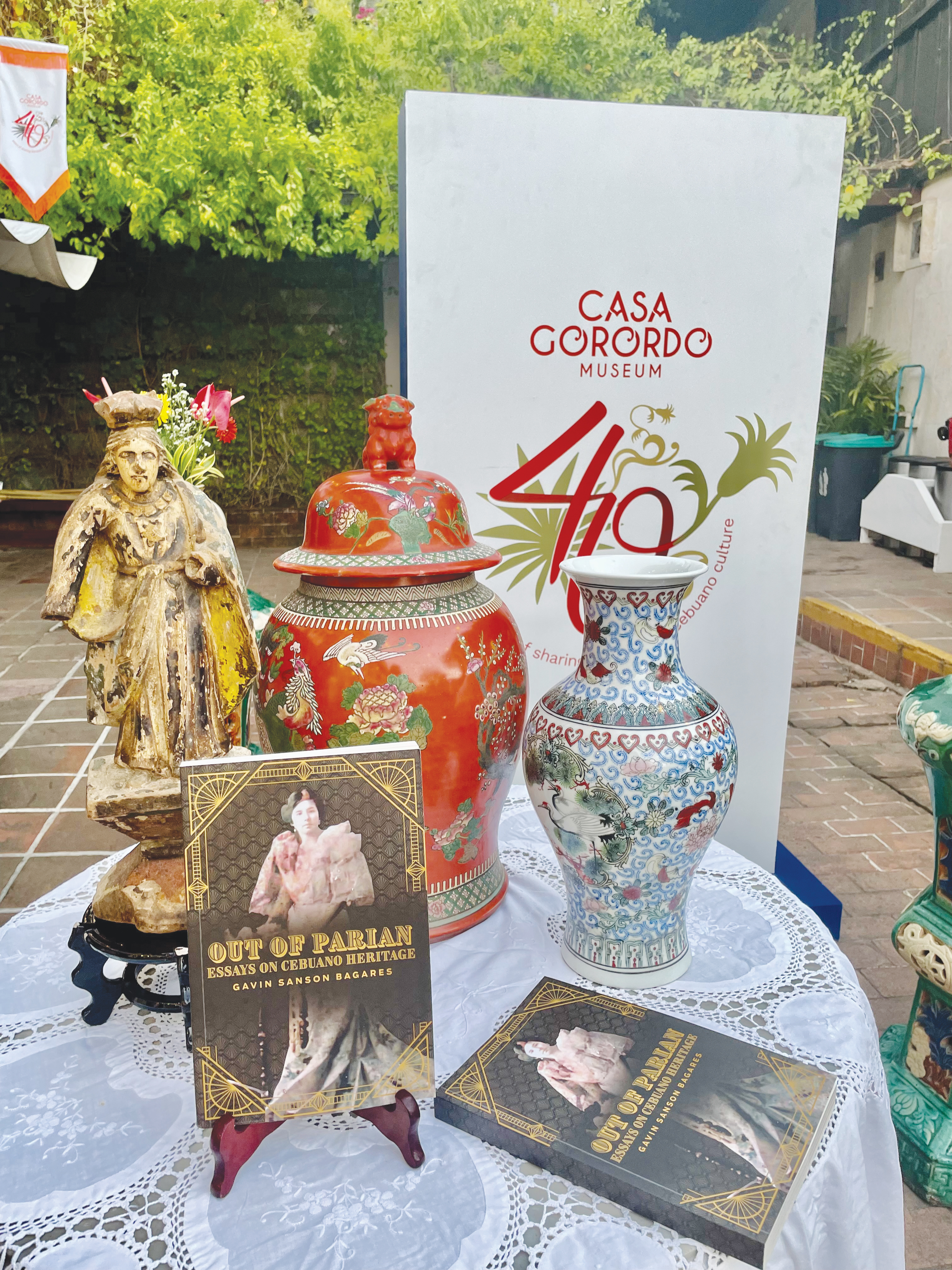
Already a single mother and separated from Sotto, Señorita Remedios is noted to have become a published writer in this chapter in her life without totally abandoning her love for dressing up and swanning around. In the June 1917 Feria Rizalina, a fair in honor of Dr. Jose Rizal, the encantadora/charming Remedios won the best costumed female, “la mujer mejor disfrazada”.
Speaking of Rizal, Señorita Remedios’s family, the Dutertes, are linked to the national hero’s family by the way of Rizal’s sister Lucia who married Mariano Herbosa. The granddaughter from that Rizal-Herbosa union produced Concepcion Herbosa who in turn married Escolastico Duterte y Solon, the late University of Southern Philippines Foundation vice-president and nephew of founders Agustin Jereza and better half Beatriz Duterte of Cebu City. For reference, Dr. Teodoro Herbosa, the current Secretary of the Department of Health of the Philippines, is the great-grandnephew of Rizal.
The Duterte clan that birthed Señorita Remedios is entrenched in Cebuano history. Counted among a handful of recognizably Spanish families that date back to the existence of the Spanish cabildo before it was abolished in the mid-1700s, the Dutertes were leaders in the Gremio de Naturales (the guild in which not only the indigenes but also the Spanish mestizos were enrolled) until the end of Spanish rule.
Señor Don Julio Duterte and his wife Señora Doña Leoncia Martinez de Duterte, are the recognized parents of Señorita Remedios. Don Julio was gobernadorcillo or the mayor of San Nicolas in 1890s. San Nicolas, permanently part of Cebu City only in 1901, covered huge ground including the city’s biggest barangay—Guadalupe.
Doña Leoncia passed away in 1895, her burial attended by the who’s who and led by leaders of the Spanish mestizo community, notably Don Julio Llorente, later the first governor of Cebu in the American period.
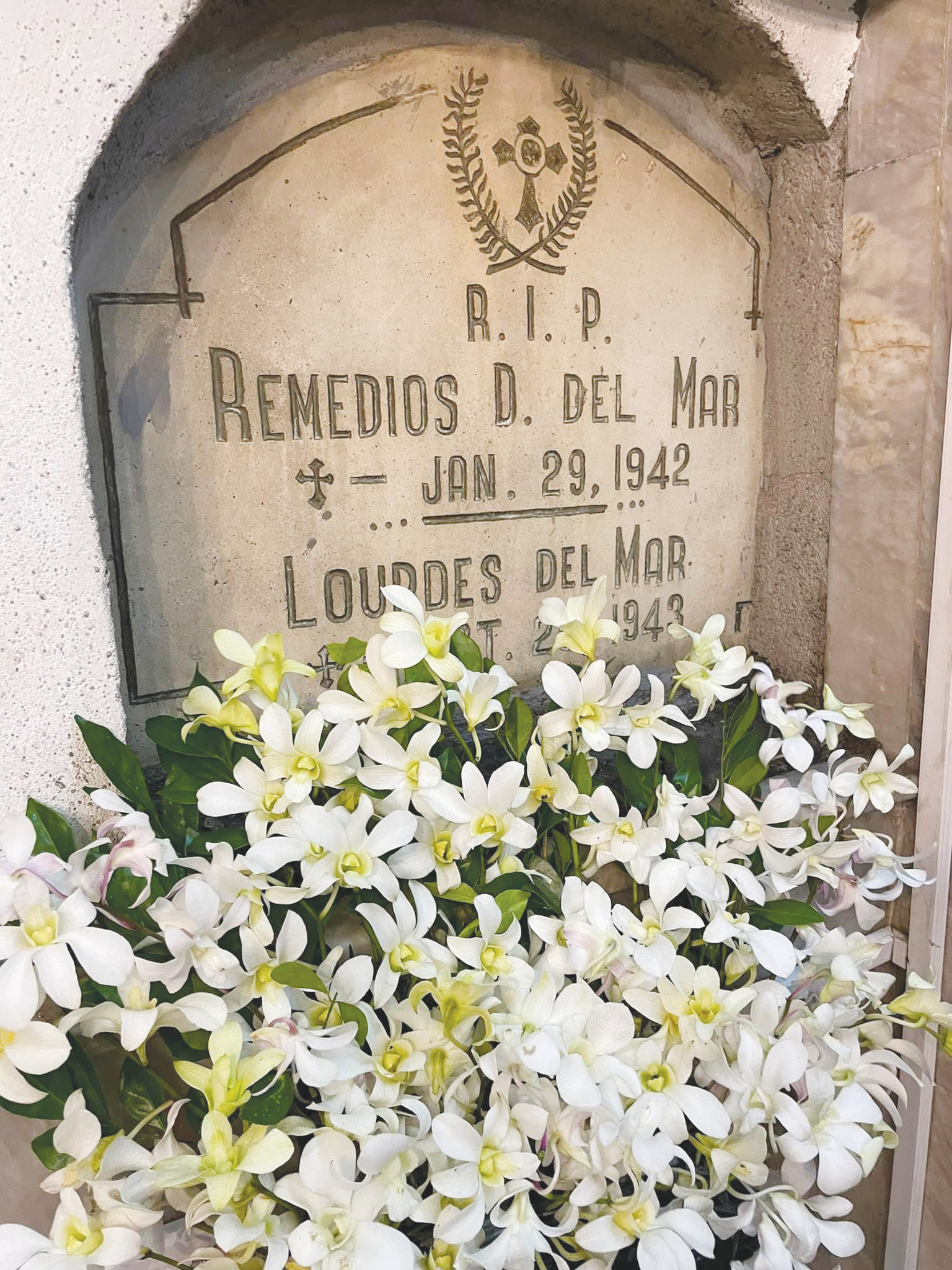
Orphaned at a young age, Señorita Remedios was nevertheless not alone. But her brother Roque moved to the US after the turn of the last century and changed his name to Roy. He was drafted for World Wars I and II. Their half-brother out of wedlock, Dr Jose Duterte Castillo, owned the house (with his wife, the former Maria Teves Jakosalem, daughter of Cebu governor Dionisio Jakosalem and grandniece of the philanthropist Don Pedro Cui) that became the Circa 1900 restaurant. Dr. Castillo was the godfather at the Filipinization of the Wong patriarch of the International Pharmaceuticals Incorporated (IPI) whose family then carried the doctor’s maternal surname Castillo as a result of the old Spanish custom of compadrazgo.
There were, of course, other Dutertes. A branch had moved to southern Cebu and had intermarried with local elites there. The ones who moved north are identified with the kingpin Durano clan through marriage. Former Philippine Tourism Secretary Ace Durano is one successful descendant. The former Philippine President Rodrigo Roa Duterte and present-day Philippine Vice-President Sara Duterte are, of course, direct descendants of the Dutertes who moved to the northern part of Cebu from Cebu City.
Settling down, sending down roots
Señorita Remedios married Don Magdaleno del Mar y Sala, a juez de paz (Justice of the Peace) at Mactan Island, with whom she had two daughters. They wed on July 18, 1920, as reported by the El Boletin Catolico in its July 22, 1920 issue. The Del Mars are an old Parian family, classified as Mestizo Sangley (Chinese Mestizos) during colonial times, and among Parian’s original 28 families drawn by Dr. Michael Cullinane for Concepcion Gantuango Briones’s seminal memoirs published with the assistance of the Cebuano Studies Center of the University of San Carlos in 1983.
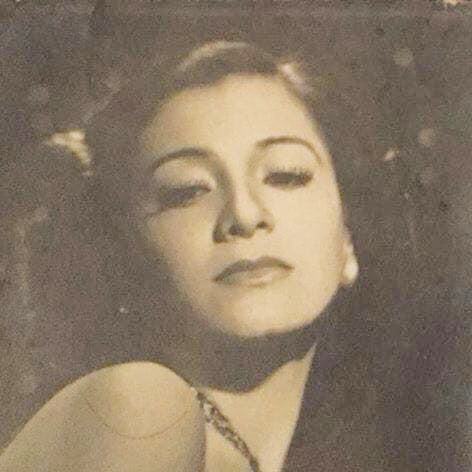
The couple had two daughters: Caridad and Lourdes. Lourdes died during the war.
Caridad Duterte del Mar married Captain Generoso Lopez of the Lopez-Romualdez family of Leyte, a cousin of Former First Lady Imelda Romualdez Marcos. A pioneer in Philippine civil aviation, he was a World War II veteran, having fought as a guerrilla and fighter pilot for the United States Army Forces in the Far East (USAFFE). They had six children: Nestor, Roberto, Myrna, Susan, Mario, and Gene. Through Caridad, Remedios’ descendants include actor and adventurer Ian Veneracion, former National Youth and Cebu Port Commissioner Michael Acebedo Lopez, Dr. Bianca Acebedo Lopez-Salimbangon, and Jennifer Lopez Peairs.
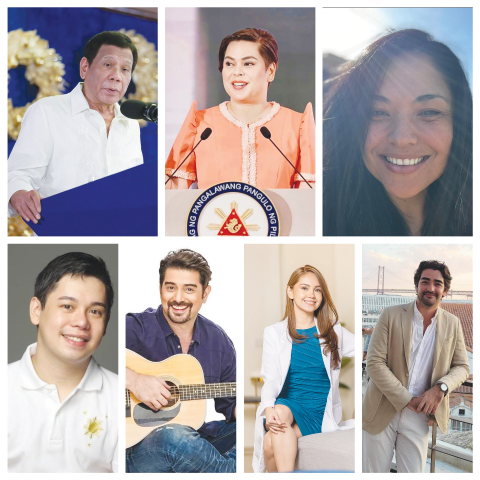

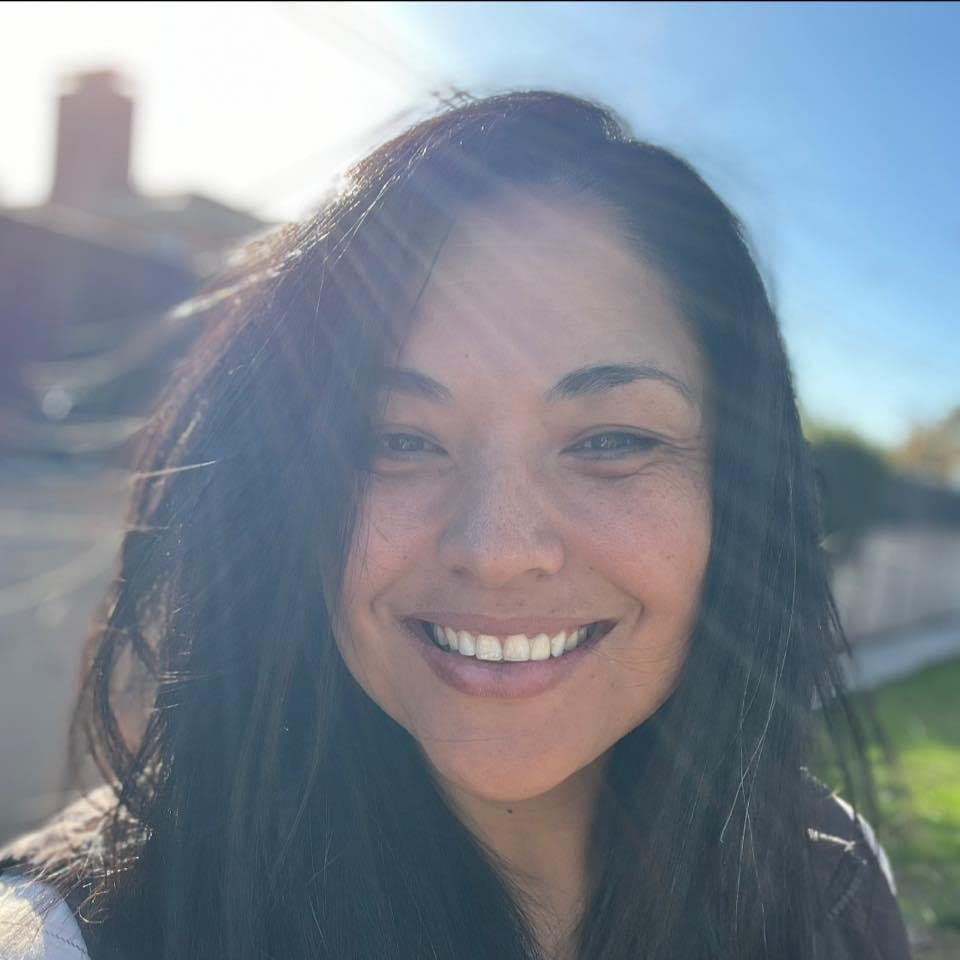


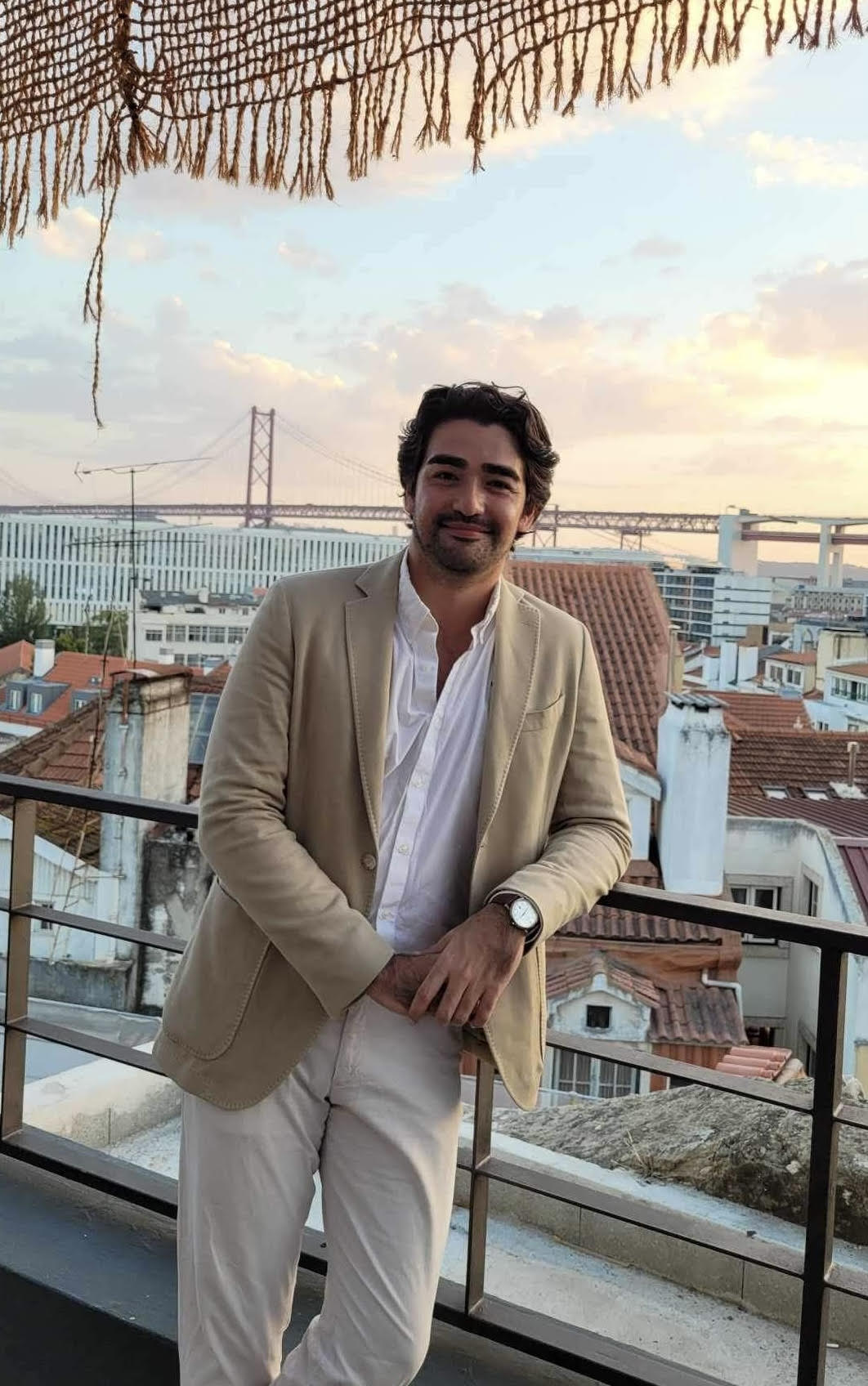
Doña Remedios appeared to lead a quiet life after her marriage and little can be pieced up of her goings-on since then. Perhaps this was by personal design, given her earlier propensity to flout religious convention and societal norms. She must have by then led a life of intellect and churchly devotion, beyond the cynosure of all eyes. It comes as no surprise, should this be the case, as her remains are interred in the crypt of the Basilica Minore del Santo Niño, the country’s oldest church. With her mortal remains at the ossuary is that of her daughter Lourdes and, in another chamber, that of her mother-in-law, Doña Guillerma Sala vda. de del Mar.
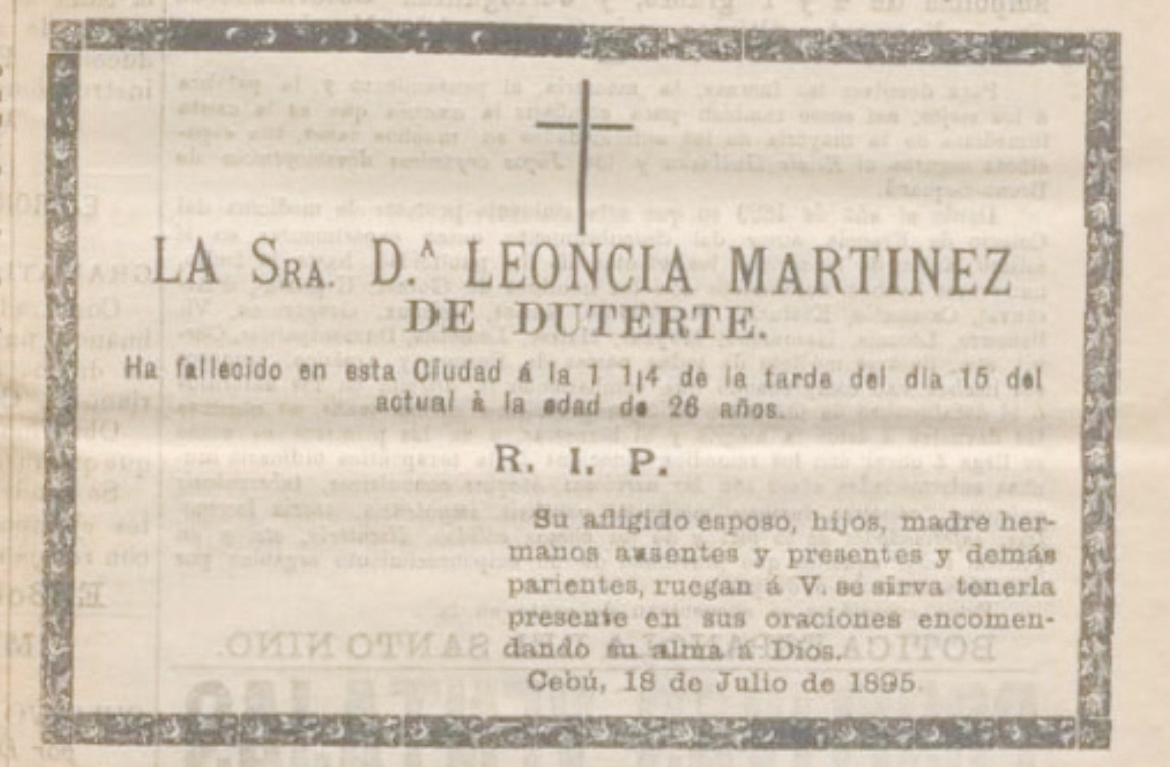
Resurgence
On Dec. 9, 2023, Doña Remedios landed on the cover of this writer’s second book, Out of Parian: Essays on Cebuano Heritage published by the Ramon Aboitiz Foundation Inc (RAF) on the occasion of Casa Gorordo Museum’s 40th anniversary—a good 115 years since she became Cebu’s first known beauty queen. Casa Gorordo, a banner project of RAFI, is Cebu’s original lifestyle museum and home to Cebuano culture, arts, and traditions.
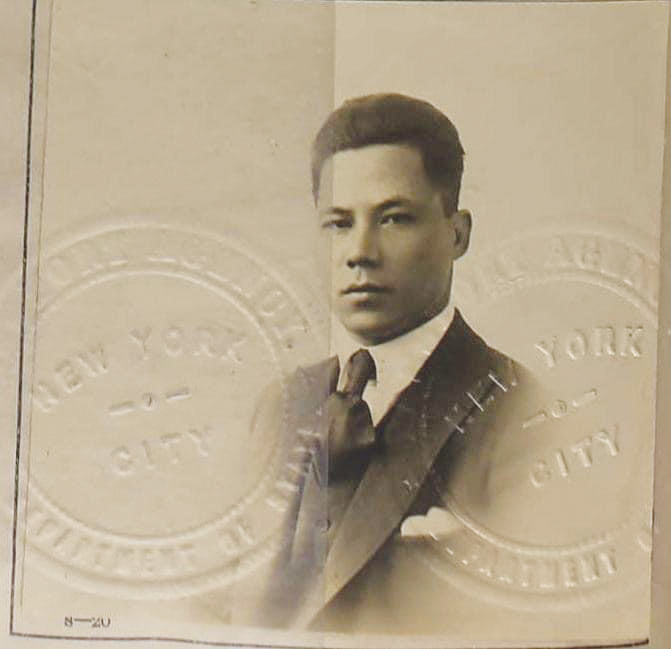
The significance is not lost on some of Doña Remedios’s Cebu-based descendants, the Acebedo-Lopezes, and they have responded to the idea floated by key Miss Cebu organizers to honor her memory this Sinulog week by giving out two special awards in her name during the annual Miss Cebu: the Doña Remedios Duterte de del Mar Heritage Award that honors the Miss Cebu candidate who is a champion of Cebuano heritage and who is committed to its preservation and promotion and the Doña Remedios Duterte de del Mar Heritage Designer Award that recognizes the designer of the Best Heritage Wear, who best reinterprets the fashion of Old Cebu for today’s Cebuana.
A growing number of observers now a little more familiar with the name of Doña Remedios Duterte de del Mar, this writer included, believe that it is about time the mayor, vice mayor, and council of the Queen City of the South honor Cebu’s first beauty queen on record—a Cebuana groundbreaker—with a street named after her. Perhaps renaming Jasmine Street in uptown Cebu City would be the perfect way for this woman of consequence, ahead of her time, to take her rightful place as the sole Doña among streets named after the Dons (Mariano Cui, Jose Avila, and Gil Garcia)? Para la reina, de La Reina!